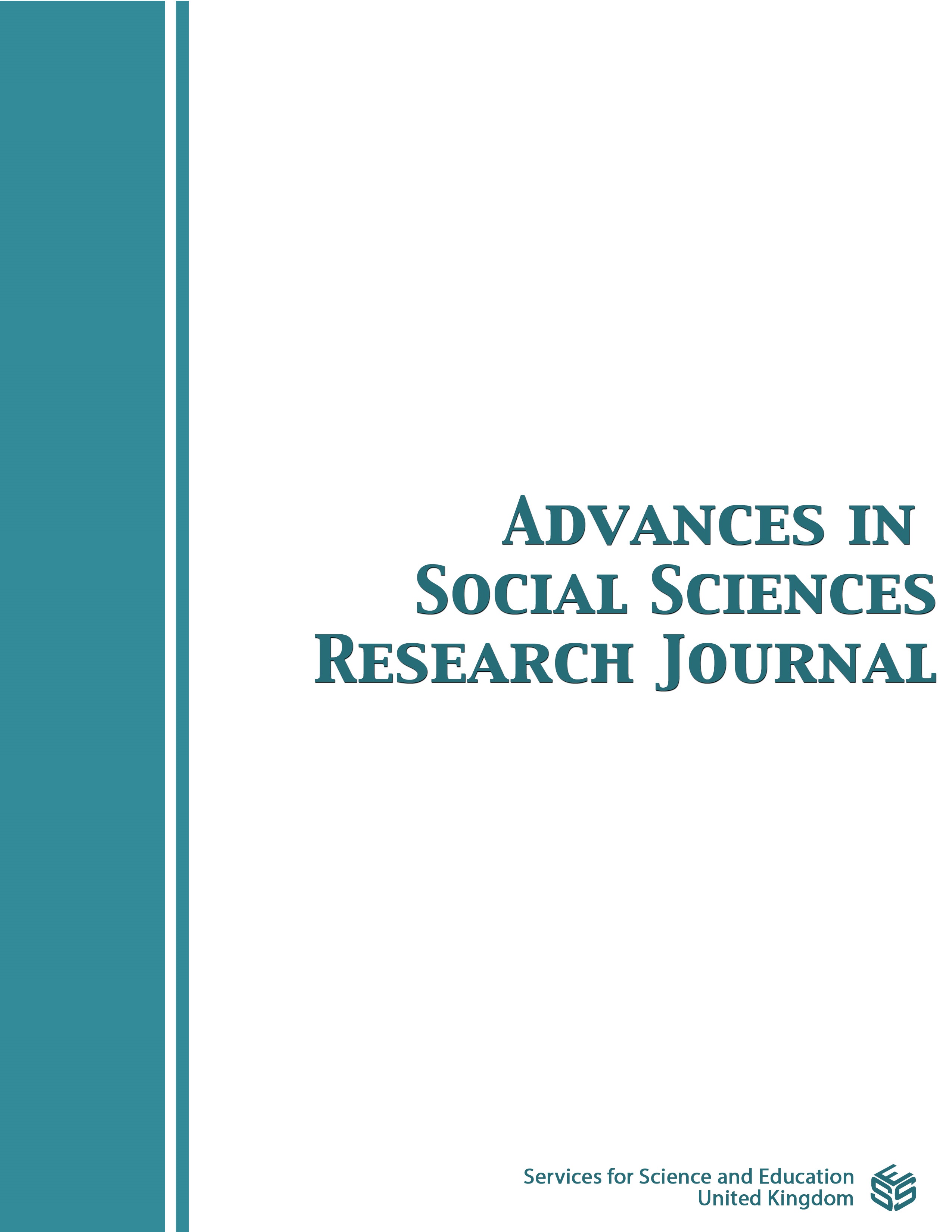Capturing the Stories of Deaf BIPOC on College/Aspiration Experiences to Improve Advising and Mentoring
DOI:
https://doi.org/10.14738/assrj.1202.18271Keywords:
Deaf, Deaf BIPOC, College Deaf, BIPOC, Mentoring, AdvisingAbstract
The experiences of Black, Indigenous, and People of Color (BIPOC) in university vary widely depending on their backgrounds and the intersection of color with other marginalized identities such as disabilities, class, immigration, and gender. Also, the geographic location of the university, which determines the demographics, and the university's commitment to diversity and inclusion can have an impact on advising and mentoring students who are BIPOC. The current study used a narrative research design to examine the college and career experiences of Deaf BIPOC because although few Deaf individuals join and graduate college with degrees, the number is even lower for Deaf BIPOC. Hence, higher education institutions must intentionally recruit Deaf BIPOC and ensure their advising and mentoring guidelines focus on Deaf BIPOC to ensure they increase the retention and graduation rate. Understanding the complexities of intersecting race and d/Deaf identities creates a need for a qualitative narrative study that focuses on the career narratives of Deaf BIPOC to facilitate their voices to be heard and included in college recruitment, academic advising, and mentoring guidelines
Downloads
Published
How to Cite
Issue
Section
License
Copyright (c) 2025 Millicent Musyoka, Cindy Sosa Castro

This work is licensed under a Creative Commons Attribution 4.0 International License.
Authors wishing to include figures, tables, or text passages that have already been published elsewhere are required to obtain permission from the copyright owner(s) for both the print and online format and to include evidence that such permission has been granted when submitting their papers. Any material received without such evidence will be assumed to originate from the authors.






